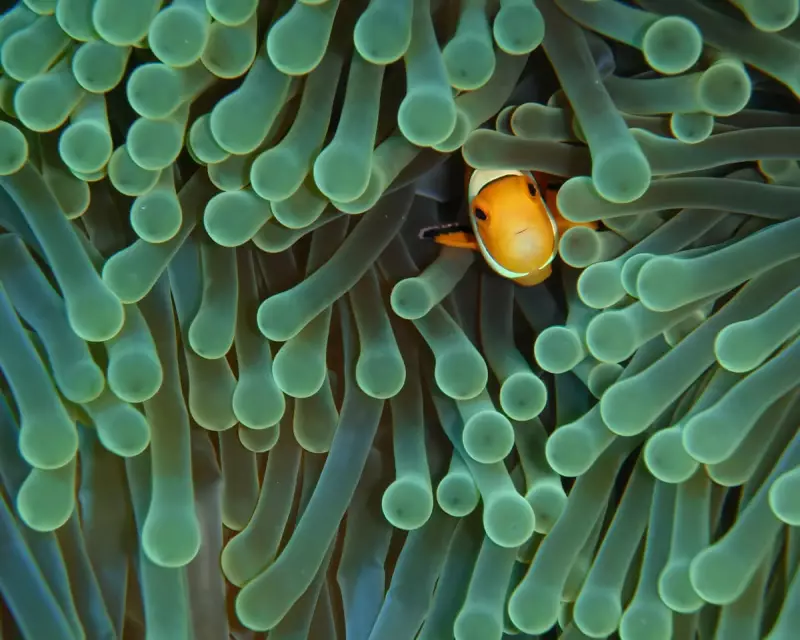
The colourful tropical fish swimming peacefully in home aquariums across Britain may have a far more dramatic origin story than their owners realise. New research reveals that the global marine aquarium trade remains heavily dependent on wild populations, with potentially devastating consequences for coral reef ecosystems.
The Hidden Cost of Home Aquariums
Despite growing awareness and technological advances, the multi-million pound industry continues to source the majority of its specimens directly from fragile coral habitats. From the vibrant clownfish to delicate angelfish, these marine creatures are being extracted at an alarming rate from reefs already facing multiple threats.
What the Numbers Reveal
Experts analysing the trade have uncovered startling statistics that challenge the industry's sustainability claims. The research indicates that captive breeding programmes, while improving, still cannot meet market demand for most popular species.
The findings highlight several critical concerns:
- Wild capture remains the primary source for over 85% of marine aquarium species
- Collection methods often damage delicate coral structures
- Mortality rates during transport and acclimatisation remain worryingly high
- Limited regulation and monitoring in key source regions
From Tropical Reefs to British Living Rooms
The journey of these aquatic creatures begins in tropical waters, primarily from Southeast Asia and the Pacific, before traversing international supply chains. Many fish don't survive the stressful process of capture, holding, and transportation—a hidden mortality rate that further increases pressure on wild populations.
The Sustainability Illusion
While some retailers promote "sustainable" practices, the research suggests these claims often don't withstand scrutiny. The complexity of marine fish reproduction means captive breeding remains challenging and expensive for most species, creating economic incentives to continue wild harvesting.
"We're witnessing a quiet crisis unfolding beneath the waves," explains one marine conservation expert involved in the study. "Each fish removed represents not just an individual loss but potential disruption to complex reef ecosystems."
A Call for Transparent Trade
The report calls for urgent action from multiple stakeholders, including stricter regulations, improved certification schemes, and greater consumer awareness. British aquarium enthusiasts are being encouraged to ask tougher questions about the origin of their aquatic pets.
As one researcher noted: "The beauty of these creatures should not blind us to the environmental cost of bringing them into our homes. True appreciation means ensuring their survival in the wild, not just in our tanks."





